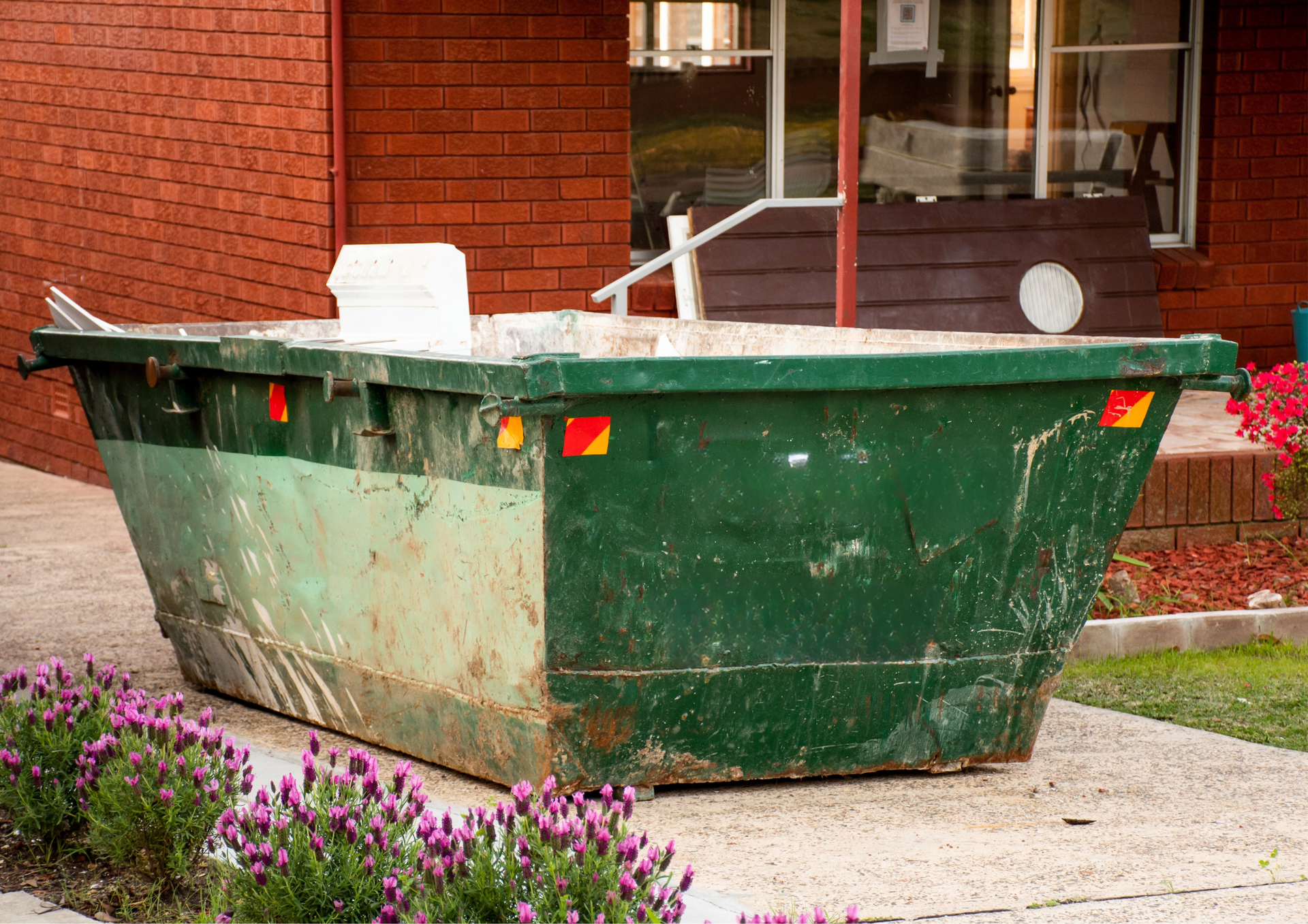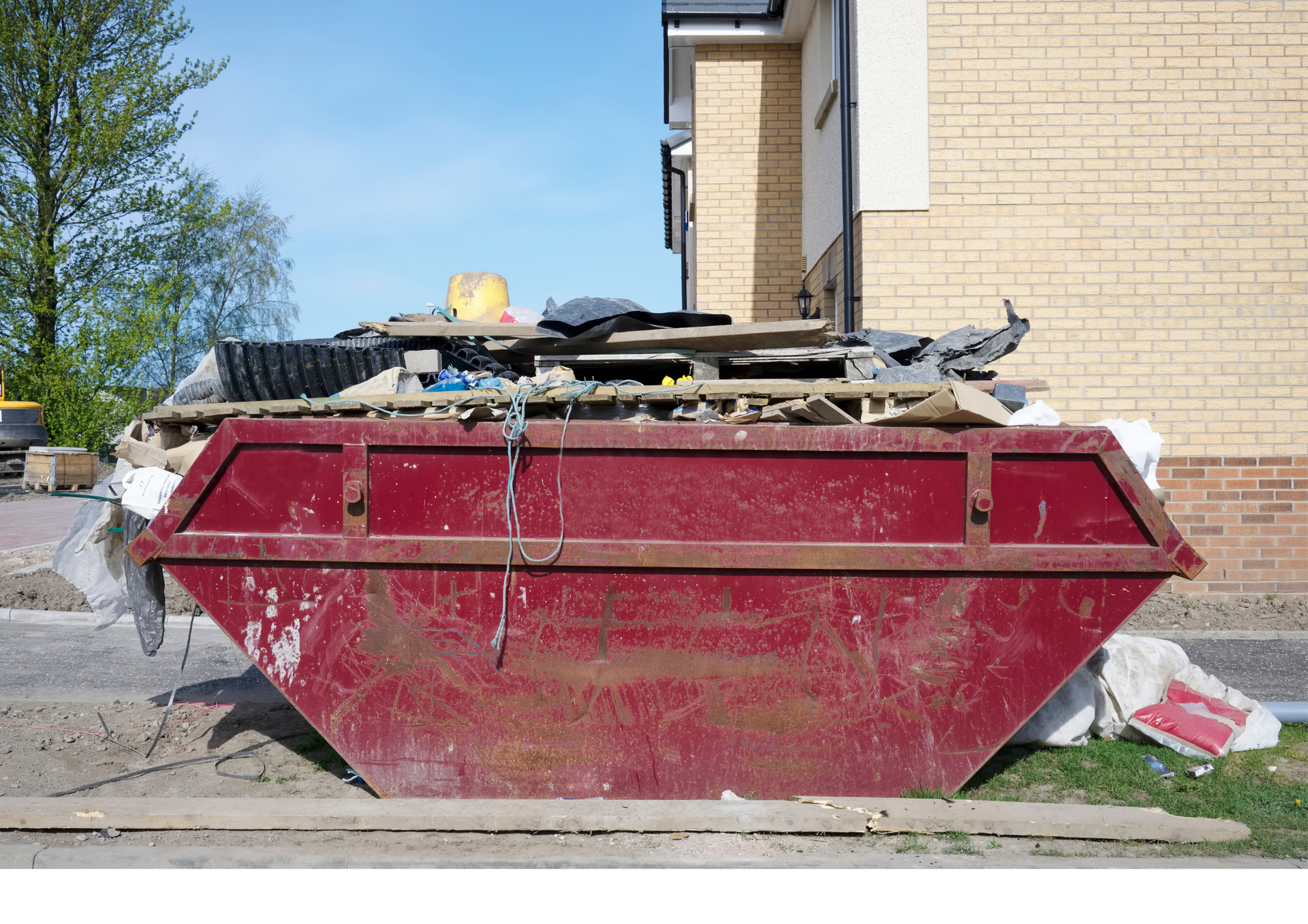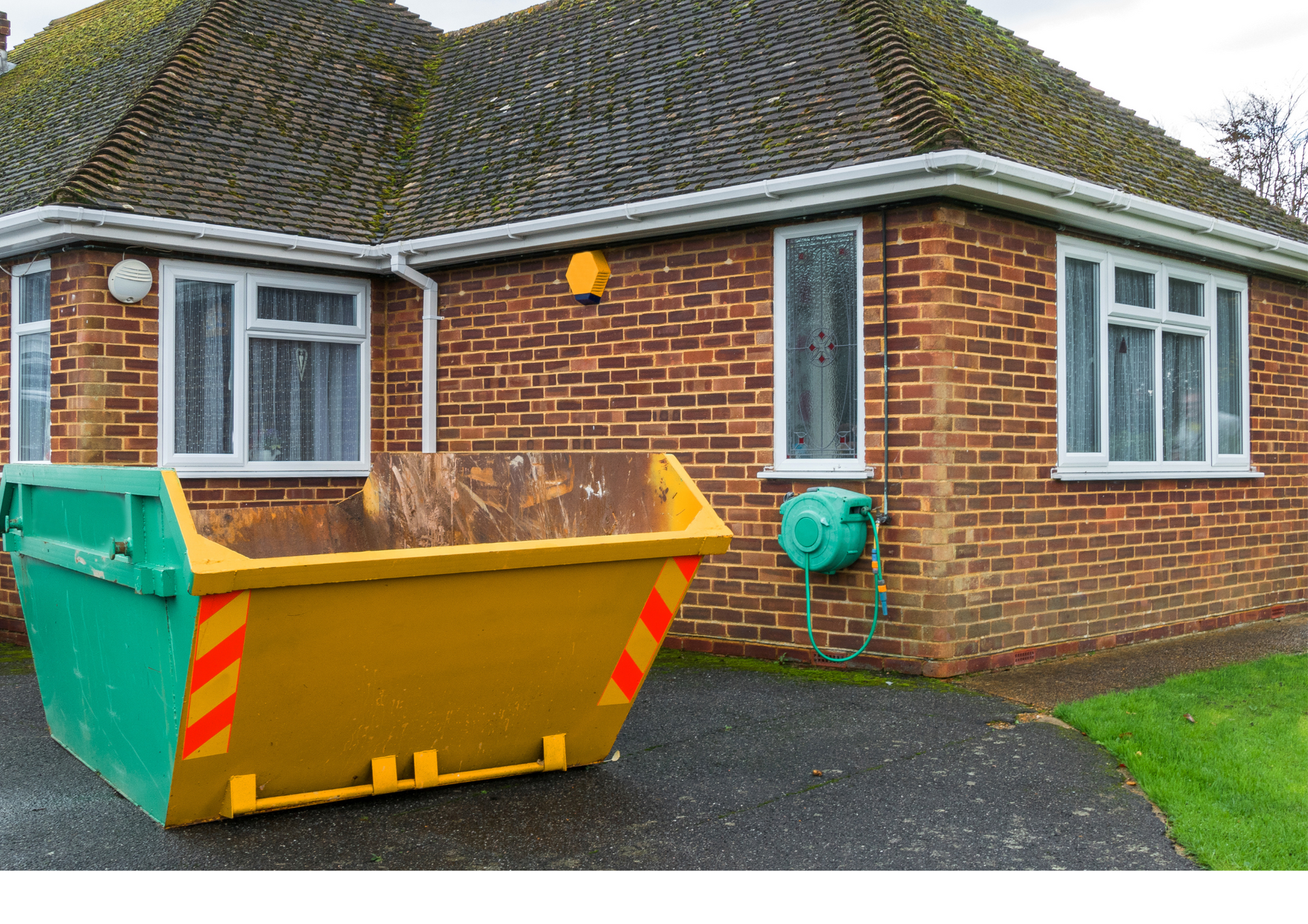Differences Between Domestic & Commercial Services for Skip Hire
Whether you're clearing out a house or managing waste on a building site, skip hire is one of the most effective solutions for safe and responsible disposal. However, not all skip services are the same. Domestic and commercial skip differ in several key areas—from skip sizes and waste types to pricing, legal requirements, and logistics. Understanding these differences ensures that you hire the right skip for the job, remain compliant with local regulations, and manage your waste efficiently.
We’ll break down the key differences to help you choose the right skip hire.
Purpose and Type of Waste
The primary distinction between domestic and commercial skip services lies in the nature and volume of waste being managed. Domestic skips are typically used for home renovations, spring cleans, garden work, or furniture disposal. The waste generated is usually household items, garden trimmings, and small-scale construction debris.
On the other hand, commercial skip caters to building contractors, demolition firms, retail outlets, landscapers, and office removals. Waste from these sources tends to be bulkier and more diverse, including rubble, timber, plastics, electrical equipment, metal, packaging, and sometimes hazardous materials—requiring larger skips and possibly specialist disposal.
Skip Sizes and Accessibility
Domestic skip generally involves smaller skip sizes, often ranging from 2-yard mini skips to 8-yard builder’s skips. These are ideal for driveways or on-street placement outside residential properties. Accessibility is also a significant factor. Homeowners must consider gate widths, driveway strength, and local council permit requirements when hiring a skip.
Commercial projects typically demand much larger skips, from 10-yard maxi skips up to 40-yard roll-on roll-off containers. These are designed to handle high volumes of waste and are often delivered to construction sites or commercial premises with wide access points and sufficient space for loading.
For those searching “skip bin hire near me”, it’s important to choose a service that offers a broad range of sizes and clear guidance on placement and permits.
Duration and Frequency of Use
Another major difference is how long the skip is needed. Domestic skips are usually hired for shorter periods—anywhere from a few days to a week—sufficient for one-off household clean-ups or small projects.
Commercial skips, however, are often hired on a longer-term or ongoing basis. Businesses might arrange for regular skip exchanges as waste builds up, ensuring a continuous and compliant disposal solution. In commercial contexts such as event planning, landscaping, or major construction, having a reliable schedule for skip delivery and collection is essential.
Many companies offering local skip hire will tailor their services to suit both one-time and recurring needs, so it’s worth discussing options in advance to avoid delays and overages.
Cost, Compliance, and Logistics
The cost of skip hire varies depending on size, duration, location, and waste type. Domestic users will typically pay a flat rate, which includes delivery, collection, and disposal. In contrast, commercial skip often involves more complex pricing structures, potentially including rental periods, weight limits, multiple exchanges, or specific waste processing requirements.
Those comparing skip prices should always ensure they’re getting a comprehensive quote—hidden fees for overloading or restricted materials can quickly escalate your total bill.
Additionally, legal compliance is more heavily regulated on commercial sites. Businesses must adhere to stricter environmental legislation, ensure correct documentation for waste handling, and maintain site safety. Hiring a reputable provider that understands both skip hire cost factors and legal obligations is key to avoiding fines and ensuring sustainability.
Choosing between domestic and commercial skip comes down to understanding your project’s scope, waste type, timeline, and logistical needs. Domestic services are suited for smaller, short-term tasks with limited waste, while commercial options cater to larger, ongoing projects requiring more comprehensive waste management solutions. Both services offer tremendous value, but selecting the right one helps avoid unnecessary costs and complications.
Whether you're a homeowner tackling a renovation, a landscaper managing debris, or a business relocating offices, taking the time to assess your waste disposal needs will lead to more efficient, compliant, and environmentally responsible results.
At
Skip Hire Rochdale, we offer dependable, flexible, and professional skip services tailored to your unique needs—domestic or commercial. Our experienced team provides expert advice on
skip hire
sizes, permits, and waste types, ensuring a hassle-free experience from start to finish.
With competitive rates, prompt delivery, and environmentally-conscious waste processing, we are the trusted choice for homeowners, businesses, contractors, and event planners alike.
Latest post on X: What sets domestic and commercial
skip hire services apart!




